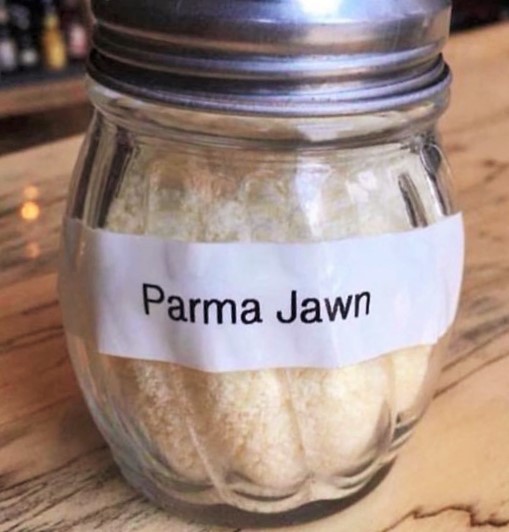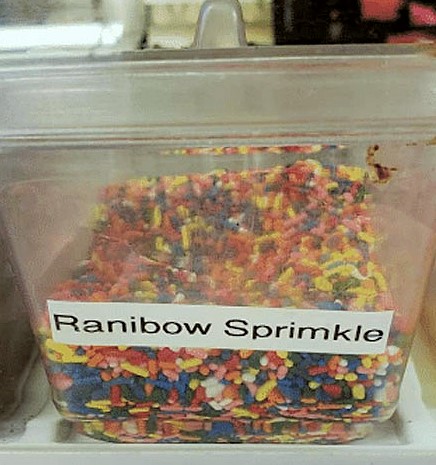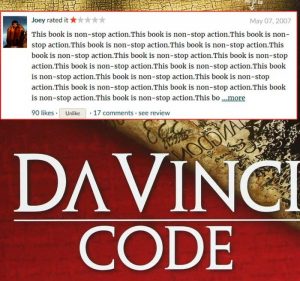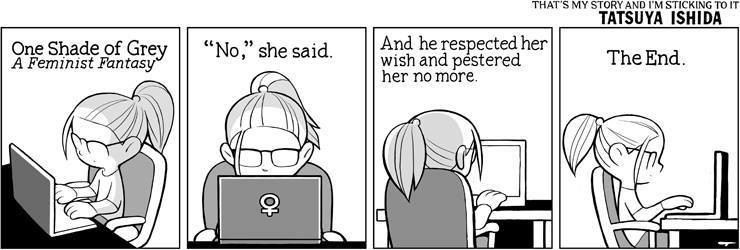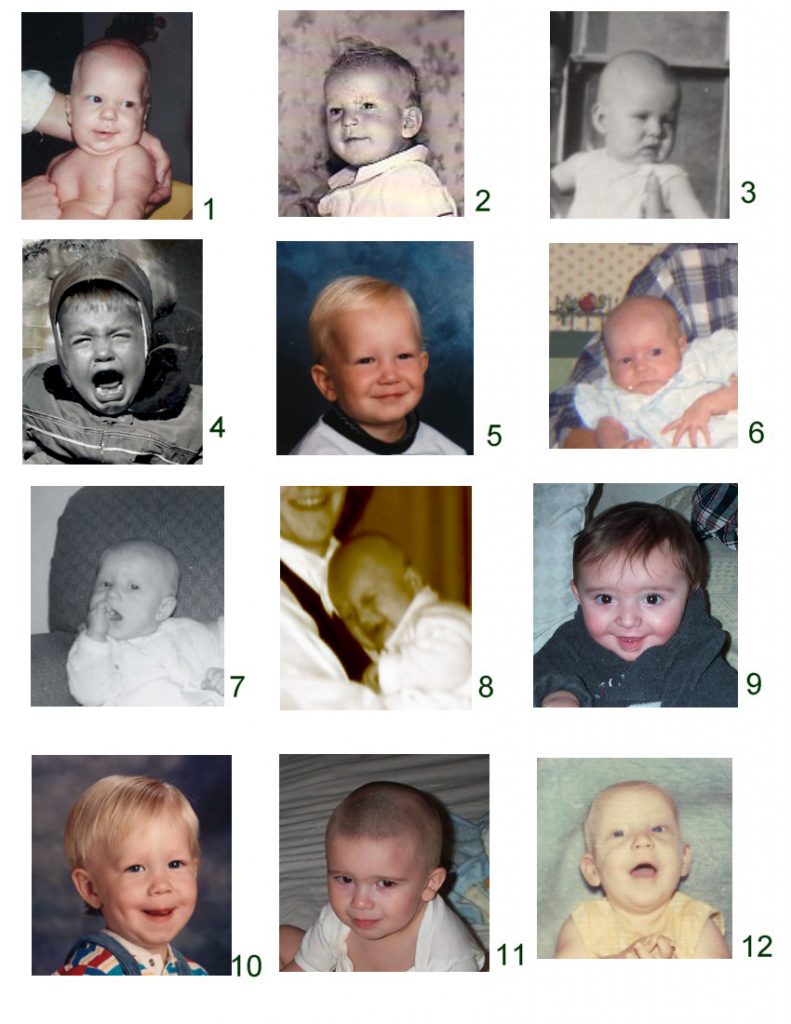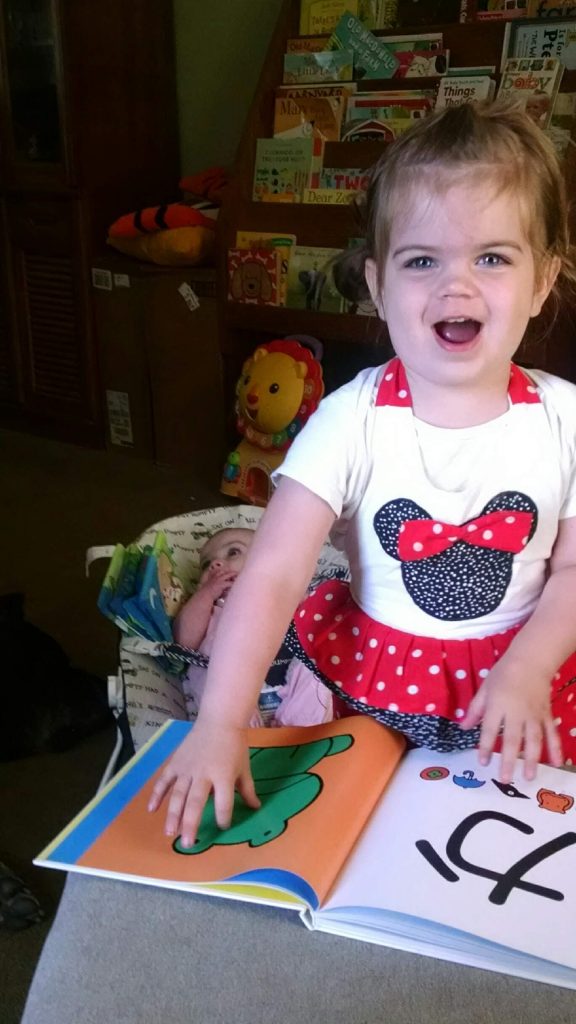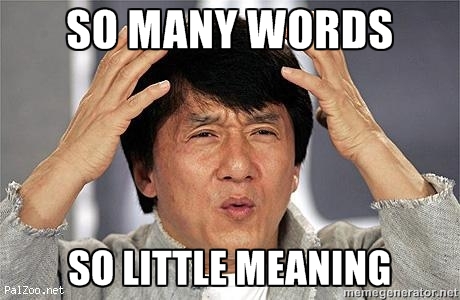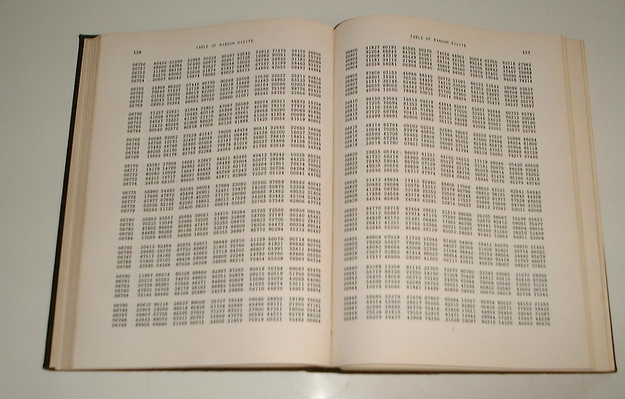
(photo by Blue Plover)
If you want dialogue to sound real, listen to it. Literally. Longer, more complex sentences are much smoother and more graceful on the page than in the mouth. Reading silently, your brain fills in and evens out. So, when you feel your work is in pretty good shape, read it aloud.

(photo by MemeBoi31)
Any place you stumble needs to be reworked. Reading your work aloud–whether prose or poetry–helps identify rough patches, awkward words, and other problems.
If feasible, it’s even to have someone else read your work aloud for you. (See what I did there?)

(photos from BoredPanda)
But even before you manage to cajole or coerce a friendly bystander, try running your words through a TTS reader. Text To Speech software is becoming more accurate all the time. It improves accesibility for those with dyslexia, vision problems, aural learning tendencies, busy hands, or a myriad other reasons why hearing words is more effective than reading them.

(photo by depechelove)
There are several free websites that will convert your writing to spoken words, though they tend to sound like robots.
What these TTS apps lack in cadence, they make up in unrelenting accuracy. There is no friendly human brain to fill in a few words or switch a letter here or there entirely without realizing it.

(photo from East Oregonian/AP)
(For a superb example of non-robotic reading, check out anything read by Stephen Fry or Kobna Holdbrook-Smith.)
At many tutoring centers and school writing help centers, students are instructed to read their work aloud during sessions. When the brain is forced to process words orally and aurally as well as visually, it’s much more difficult for mistakes to slip through the cracks.
Sometimes, it’s even possible to break free of the “…said …said …said …said” quagmire. When you hear yourself saying said after said after said, you might say to yourself that your characters need to say something else or say nothing at all.
Good listening!

